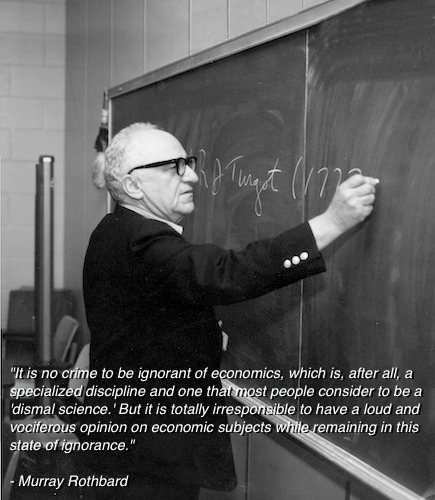What to make a progressive environmentalists cringe? Show them this story:
Today, the hottest and thirstiest parts of the United States are best described as over-forested. Vigorous federal protection has stocked semiarid regions of public land with several billion trees too many. And day after day these excess trees deplete a natural resource that has become far more precious than toilet paper or 2-by-4’s: water.
Scientists and water managers report that 39 states face water scarcity. Much of the nation’s freshwater shortfall comes from our population growth, waste, hunger and contaminants. But we must also now implicate the escalating thirst of unnatural forests.
Progressive environmentalists are often referred to as tree huggers because of their obsession with saving tress. This obsession has lead to massive afforestation in areas where trees were never meant to grow as densely as they currently are. Now too many trees are competing for ever scarcer resources such as soil nutrients and water.
The state has passed numerous pieces of legislation to protect forests. What they didn’t stop to consider when passing said legislation is that nature requires some amount of destruction. Normally forests are controlled by nature disasters such as forest fires but as the federal government has declared a war on forest fires nature’s control mechanism has fallen out of whack. Now we’re seeing the consequences of our arrogance, we have arid regions where water is naturally scarce to begin with suffering from water being used to suppress fires to save trees that require water. A vicious cycle has been created, one that could have potentially been solved by the free market.
Yes, I’m going to about free market environmentalism again. In a free market resources have a tendency to increase in price as they become more scarce. Water will be more expensive in areas where it’s more scarce and that price will only go up as the scarcity increase. As the price of a resource goes up so do peoples’ tendency to conserve that resource, which requires decisions be made on how to best utilize said resource. Let’s look at our current situation through the lens of a hypothetical free market.
People, especially environmentalists, love trees. Because of their love for trees they try to preserve them. Part of this preservation is preventing the trees from being burned to the ground, an action that requires the use of water (both to suppress fires and to keep forests from becoming messes of dried kindling). This action will likely have little consequence in areas where water is plentiful (these are also areas where forests are usually plentiful). In arid regions the constant use of water to prevent forest fires will cause the price of water to increase, which in turn causes the environmentalists to make decisions on how to best utilize the water. At some point their love of trees is going to be superseded by their need for food, water, clothing, and shelter. This is when they will cease using water to prevent forest fires and nature will be allowed to do what it does best, burn some trees to clean out the over-forested area and allow things to return to a more natural state.
The other avenue for the free market to work is through the fact trees are a valuable resource in of themselves and thus many companies would be more than happy to go into the forest and thin it out. Obviously, being an article in the LA Times, such a solution is frowned upon by the author:
So how do we unlock the nexus to replenish the Earth? A century’s accumulation of dry fuel in public lands makes it too expensive and risky — for people, property, habitats or carbon emissions — to unleash prescribed fires throughout our 16-million-acre ponderosa tinderbox. Mechanical thinning generates popular distrust as long as timber industry chain saws try to cut “high grade” valuable mature growth to compensate for less profitable small-diameter “trash trees.”
Happily, a lumber mill’s trash has now become a water user’s treasure. Thirsty downstream interests could organize to restrict thinning to scrawny excess trees simply for the purpose of releasing the liquid assets they consume. Western water rights markets value an acre-foot at $450 to $650 and rising. So rather than compete with forests for rain and snow, private and public institutions could invest $1,000 per acre (average U.S. Forest Service price) to cut down fire-prone trash trees, yielding at least $1,100 to $1,500 worth of vital water. To reduce fuel loads and increase runoff, the water-fire nexus pays for itself.
One of the biggest issues facing progressive environmentalists is the idea that profits are evil and thus must be avoided at all costs. In their mission to save the environment and squash profits they have created self-perpetuating problem. They don’t want to allow private entities to manage the environment because those private entities will make money so they turn to the state, which is corrupt to the core and has no regard for the environment. Private entities, because they can make money, have a genuine interest in preserving the environment. As I’ve explained, a lumber company has an interest in ensuring forests under their care remain healthy so they continue to produce trees. Not only do they have an interest in preserving the forests, they also have an interest in allowing nature to run its course because that is the cheapest way to manage said forests.
Progressive environmentalists have a choice to make, trees or water? Do note that choosing trees will eventually lead to the complete collapse of the ecosystem you’re trying to protect as water becomes too scarce to support your trees. They must also decide if they will continue to rely on the state, which has continuously mismanaged the environment, or finally throw away the idiotic idea that profits are bad and turn to private solutions.

